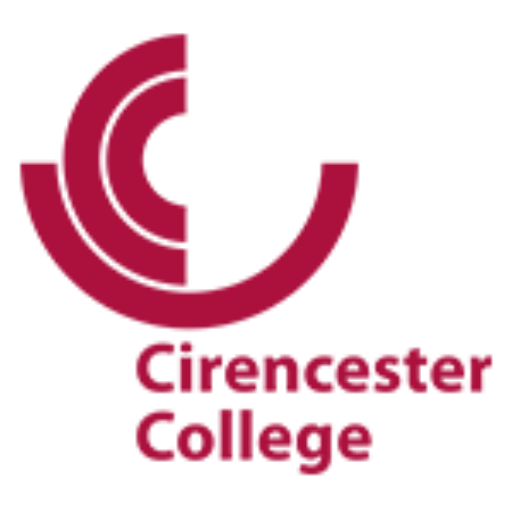For the first time since 2019, the infamous Sleep Deprivation event recently returned to College. This experiment, which first started in 2011, saw Psychology students spend a night at College periodically completing various physical and cognitive tests and comparing how the results varied throughout the night.
Six members of staff and 48 students studying A-level Psychology and Vocational Applied Psychology arrived at College at 6:00 pm, and quickly settled in for the first round of tests.
Cognitive tests included mental maths and non-verbal reasoning, and the students also completed personality tests to see how people’s traits change after a night of no sleep. The physical tests saw the students test their fine motor skills and reactions by playing games of Jenga, Bop It and Beat Saber on VR Headsets.
Ahead of the second round of testing at 4 am, the students found ways to pass the time and stay awake by playing card games, Mario kart, and heading outside for some fresh air.
The results after round two of testing were mostly as expected, with reactions in the VR game becoming slower, more frequent mistakes being made during Bop It (which unsurprisingly saw frustration levels rise), and non-verbal reasoning taking longer to complete. The maths and personality tests provided some interesting results however, as the students’ mental maths skills slightly improved on average after no sleep, and their scores for “agreeableness” (niceness and sociability) were higher than expected. Perhaps due to spending the night being sociable and enjoying themselves.
At 6:45 am, the experiment was complete and the students (and staff) headed home for some well-deserved rest.
Psychology Lecturer, Adam Davolls, said “As a team, we were all really impressed with how the students handled the task. They generally stayed positive throughout, helped each other to cope, supported each other throughout the tasks, and showed a really high level of maturity. In the morning, although they were glad to get to bed, they all said how enjoyable the evening had been. This was definitely due to how well they committed themselves to it. We look forward to running the event again in the future.
For more information on this story, please contact chloe.suter@cirencester.ac.uk













